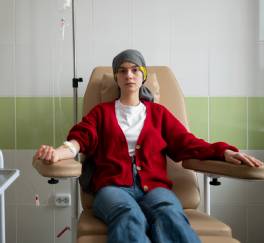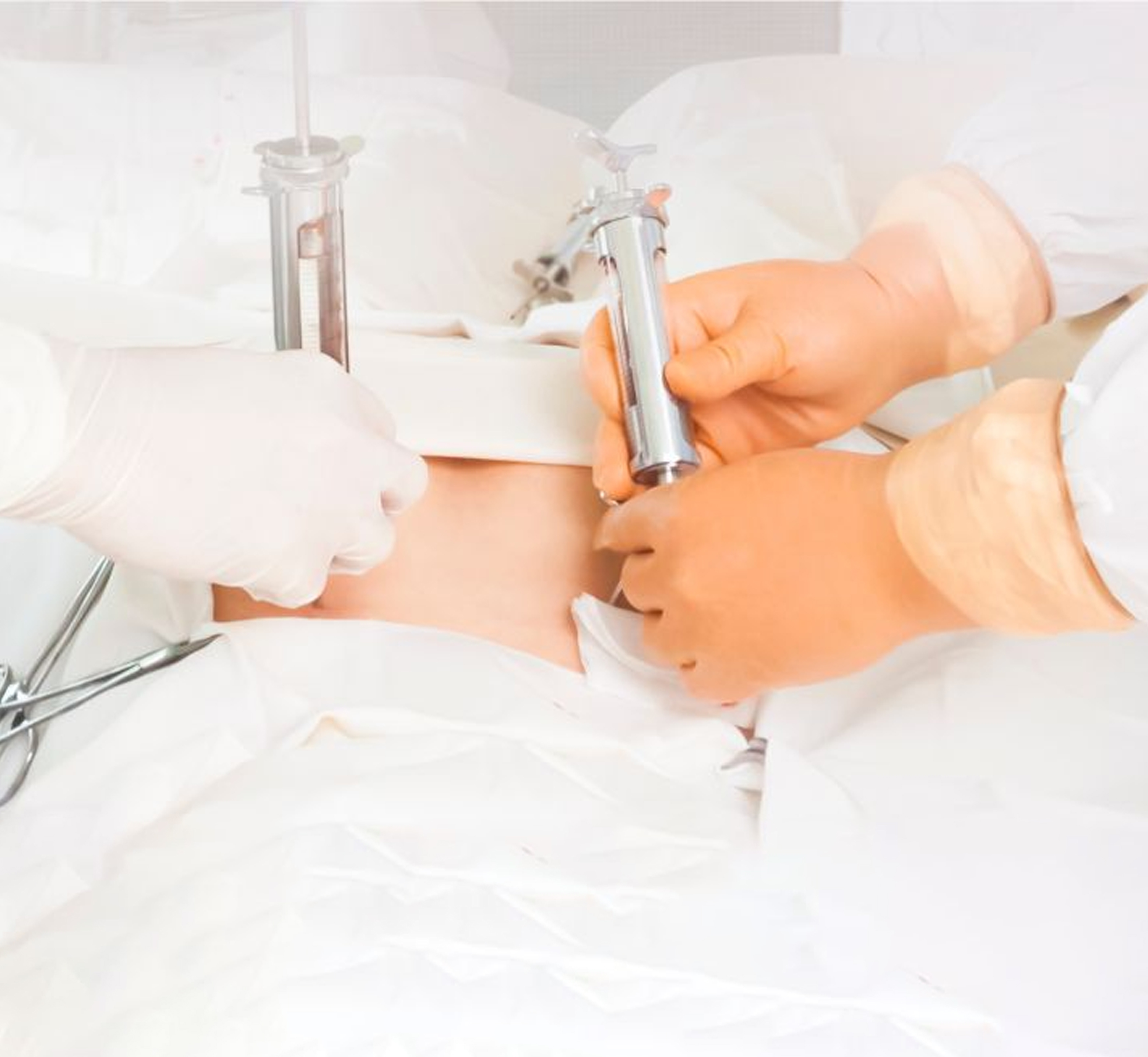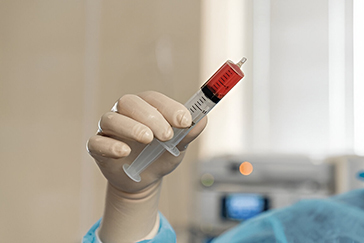 Book Appt.
Book Appt.
 Call Now
Call Now


Solid-tumour cancers encompass a broad category of malignancies that share a common characteristic: they originate in solid organs or tissues of the body, as opposed to liquid tumours like leukemia that primarily affect the blood and bone marrow. These cancers present unique challenges in terms of diagnosis, treatment, and prognosis.
Types of Solid-Tumour Cancers
Solid-tumour cancers can manifest in various organs and tissues throughout the body. Some of the most prevalent types include:
Causes and Risk Factors
The causes of solid-tumour cancers are multifaceted, involving a complex interplay of genetic, environmental, and lifestyle factors. Genetic mutations can predispose individuals to certain types of solid-tumour cancers. Environmental factors such as exposure to carcinogens, including tobacco smoke, asbestos, and radiation, can increase the risk. Lifestyle choices such as poor diet, lack of physical activity, and obesity also contribute to the development of these cancers.
Diagnosis
Diagnosing solid-tumour cancers necessitates a combination of approaches to determine the type, stage, and extent of the cancer. Common diagnostic methods include:
Treatment Options
The treatment of solid-tumour cancers is highly individualized and depends on various factors, including the type of cancer, its stage, the patient's overall health, and their preferences. Common treatment modalities include:
Prognosis
The prognosis for individuals with solid-tumour cancers varies widely. Early detection and prompt treatment can significantly improve outcomes and increase the chances of remission or long-term survival. However, advanced-stage solid-tumour cancers are often more challenging to treat and may have a poorer prognosis.
Solid-tumour cancers represent a diverse group of malignancies that affect various organs and tissues in the body. They arise from a complex interplay of genetic, environmental, and lifestyle factors, making them a formidable challenge in the field of oncology. Early detection, accurate diagnosis, and personalized treatment plans are essential in the battle against these diseases. As medical research continues to advance, there is hope for improved outcomes and enhanced quality of life for individuals diagnosed with solid-tumour cancers.
SHALBY Sanar International Hospitals provides extensive medical procedures backed up with our state-of-the-art technology and a team of highly qualified & experienced clinical experts.
Our doctors pen down their research findings and experiences from time to time. Their words provide deep insight into the latest techniques, technologies and other advancements in healthcare. It provides expert answers to all kinds of health questions for real-life issues.
VIEW ALL



.jpg)
Since the day of its foundation, SHALBY Sanar International Hospitals is committed to provide comprehensive healthcare services. It regularly organizes awareness programs in its premises and encourages outdoor healthcare activities and camps with an intent to put focus on preventive healthcare.
VIEW ALL